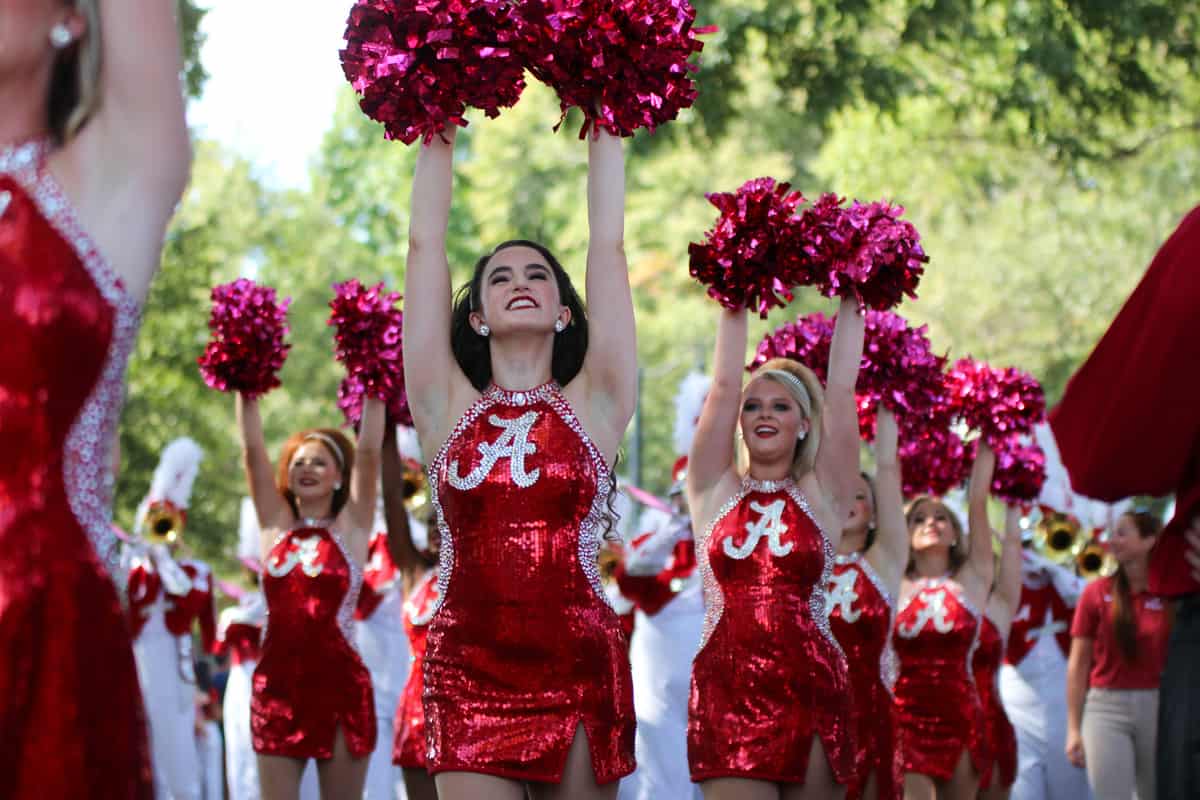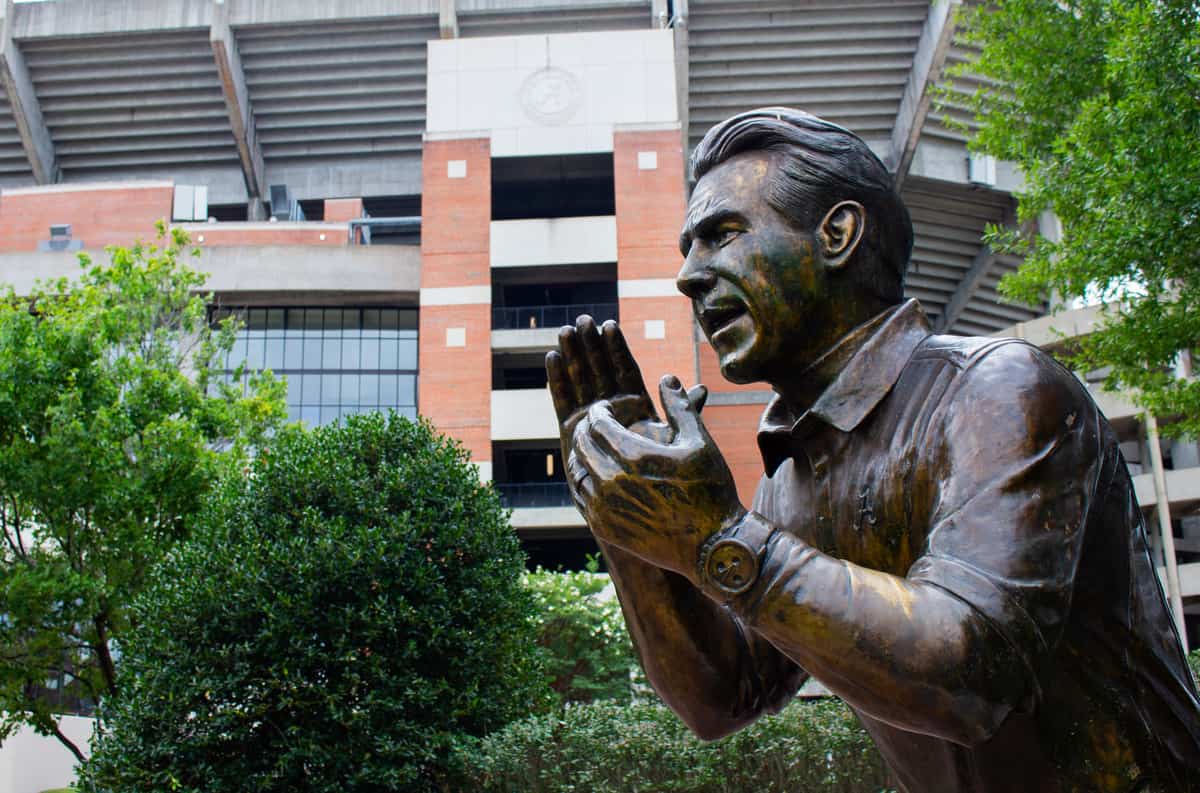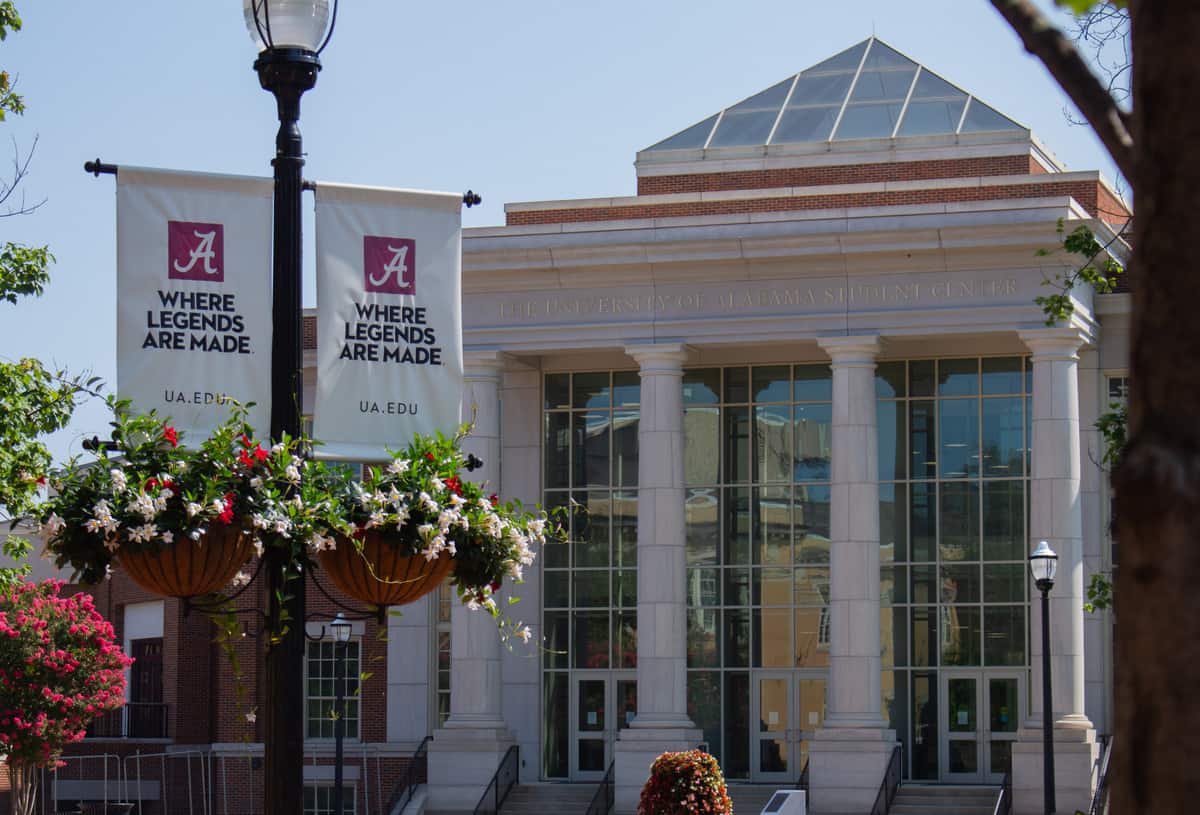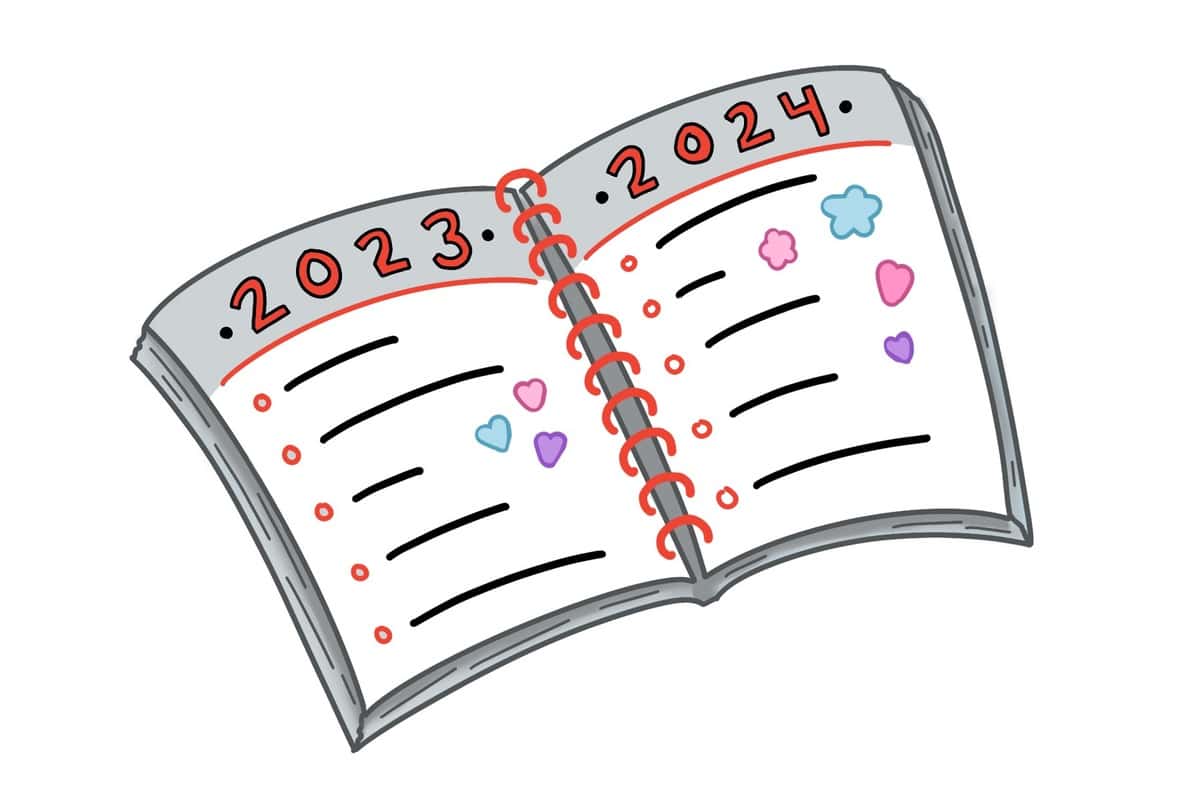The 2024 primary elections are now fully underway.
With the first Republican primary debate on Aug. 23 now over, it is time to begin paying attention to the candidates, engaging in the process, and preparing to vote in your state’s primary election next year.
As university students, most of us fall into the age group with the lowest election turnout, 18- to 29-year-olds. Many of us in this age range do not vote in general elections, let alone primaries. In fact, the last presidential election in 2020 was abnormal simply because about half of the eligible voters ages 18-29 cast a ballot.
Despite turning out at a higher rate than usual, young adults still fell short of the 66% average voter participation in the 2020 election.
When it comes to primary elections, this voter apathy is even worse. According to the Bipartisan Policy Center, only about 28.5% of eligible voters participated in the 2016 presidential primaries, the last election in which no eligible incumbent sought re-nomination.
Because presidential primaries have fewer than half the number of voters as general elections and two major winners, one Republican and one Democrat, each individual voter has a greater impact on the outcome of these elections. On the one hand, this is encouraging for individual voters who participate in primaries, because their vote counts for more. On the other hand, by not voting, young people’s voices are drowned out by a small minority of highly engaged, older voters.
Young people often claim to feel neglected by campaigns or disenfranchised by the democratic process itself. This is caused, in part, by campaigns simply not reaching out to young voters in the same way they reach out to older ones, because young people do not vote as frequently. There is simply no incentive to cater to a group of people who vote at a low rate.
Even basic events like primary debates are typically held on cable TV — a medium young people tend not to engage with — including the debate on Aug. 23 held by Fox News. There is a bottleneck of information and outreach that could engage young voters in the democratic process.
This is echoed by a CIRCLE poll that found only 40% of young people feel “well-qualified” to engage in politics. In primaries like those for the 2024 presidential election, which polling shows will likely be a rematch of the 2020 election, many young voters may continue the historical trend and decide they should not vote, partly because the outcome already seems inevitable.
However, even if a particular outcome is likely, a person not satisfied with their party’s current leadership or policy platform should still consider casting a ballot this primary season for another candidate to signal to the frontrunner that changes must be made within the current leadership moving forward. Voting in this way, often called protest voting, has a similar effect as voting for a third party in general elections, like in 2016, when third-party voting hit levels that may have cost Hillary Clinton the election.
In primary elections, casting a vote for long-shot candidates who support issues you care about strongly shows the establishment that it is leaving votes on the table and needs to do more to win your vote. You should not vote simply because it is the right thing to do; you should vote to make your voice heard and influence the policies put forward by each party.
It is easy to say that parties should do a better job reaching out to young people. That said, young people need to make themselves valuable to these parties and force the parties to reach out to them and cater to their needs in the future.
Malcolm X famously argued that Black Americans should withhold their votes from parties that do not protect the interest of Black Americans. A similar thing must now be done with young Americans who need to use their vote in ways that show their support or dissatisfaction with the state of American politics.
With the overturning of Biden’s student debt relief program, dramatic changes in abortion access nationwide, and the continued threat of climate change, young voters are worried. For many young Americans, things seem to be going in the wrong direction.
Older voters will continue to have an outsized impact on the future of America as long as young voters remain disengaged. As young adults, college students must vote in the upcoming primary elections to ensure those in power hear their voices.
If young people continue not to vote, political parties will continue to have no interest in catering to the needs of younger voters. Only when younger voters begin to represent a more significant percentage of those who vote and impact the outcome of elections as they did in 2022 will political parties begin to have the incentive to try and win over younger Americans.
Your vote matters, but simply voting in general elections is not enough. It is common practice for many young people to say they like none of the candidates but do nothing to pick better ones when given the opportunity.
Decisions being made in the United States now will impact your lives as you get older, and choosing to remain disengaged is a dangerous shirking of responsibility that lets others make decisions on your behalf, decisions you may not agree with.
Choices in how America is governed start before the general elections. They start in the primaries, so go out and vote in your state’s primaries next year and have your voice heard.
Primary elections begin in early March 2024. Get involved, research candidates, and, most importantly, vote.





















